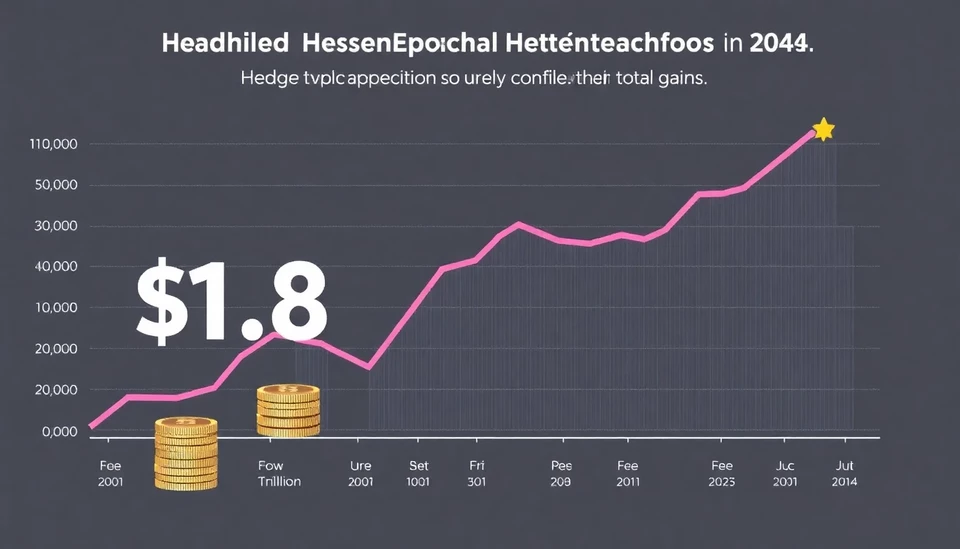
In a striking financial revelation, hedge funds have reportedly retained an astonishing $1.8 trillion in fees during the year 2024, which accounts for half of their total gains. This substantial figure reveals the lucrative nature of hedge fund management and sheds light on the compensation dynamics within the industry. Hedge funds, known for their complex investment strategies and high-risk methodologies, continue to thrive despite market fluctuations, which raises questions about the sustainability and ethical dimensions of their fee structures.
The year's figures highlight a significant trend in hedge fund performance and investor behavior. With a reported gain of approximately $3.6 trillion in total profits, hedge funds effectively managed to keep the same amount they charged investors. This profit retention through fees stands at an unprecedented level, underscoring the strong demand for alternative investment strategies amid economic uncertainty. While traditional asset classes have experienced volatility, hedge funds have become increasingly attractive to investors seeking diversification and risk management.
Experts suggest that the consistent performance of hedge funds, coupled with their ability to navigate unstable markets, has resulted in a robust appetite from investors. Wealthy individuals and institutional investors alike are drawn to hedge funds, lured by the promise of higher returns. However, this desire for higher performance comes at a significant cost, as fees often approach 2% of assets under management plus a 20% cut of any profits earned. This structure, which has been critiqued as being excessively favorable to fund managers, remains pertinent in the ongoing debate over hedge fund governance and investor protection.
Despite these hefty charges, many hedge funds have managed to deliver substantial returns which tend to justify the cost for their clients. In a year when stock markets fluctuated significantly, hedge funds showcased their resilience and adaptability by implementing various strategies ranging from global macroeconomic plays to sector-specific investments. As a result, investors have continued to funnel billions into hedge fund vehicles, ensuring continued profitability for fund managers.
The commentary surrounding these developments also points towards a potential evolution in the hedge fund industry, as pressures mount for greater transparency and reduced fees. With regulatory scrutiny and changing investor sentiments, we may observe a shift toward more equitable fee arrangements that better align the interests of managers and their clients.
In conclusion, the hedge fund industry's remarkable capacity to maintain and grow wealth, even amid economic turbulence, while simultaneously charging exorbitant fees, paints a complex picture. As investors weigh their options in a rapidly changing financial landscape, the implications of this fee-centric business model will undoubtedly provoke ongoing discussion and examination.
As we move forward into 2025, the spotlight on hedge fund performances, fee structures, and investor returns will likely intensify, warranting a closer look at the industry's future trajectory.
#HedgeFunds #FinanceNews #InvestmentStrategies #MarketTrends #InvestorInsights
Author: John Harris




